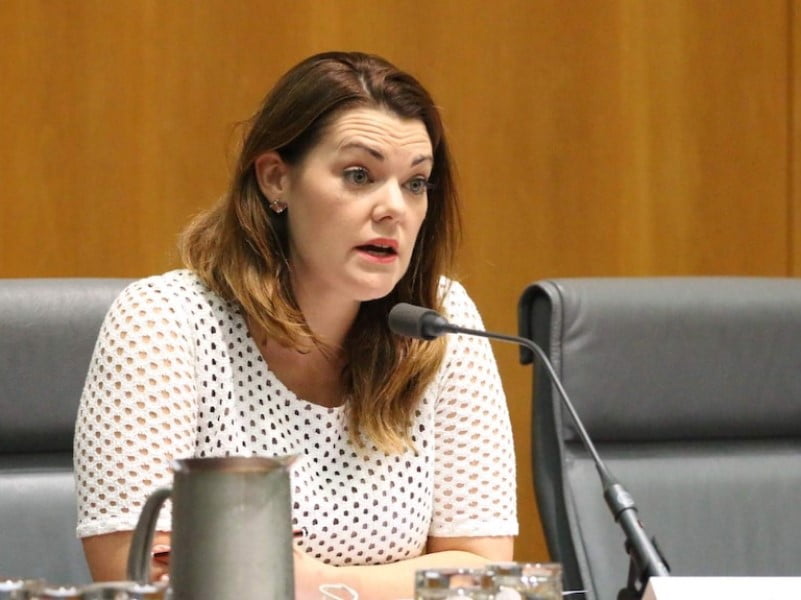The Greens have put executive remuneration back in the national spotlight, demanding that government put a ceiling on what the NBN leadership can be paid as a condition of its support for key legislation being debated this week.
The Greens have made good on a recommendation contained in a Senate Environment and Communications committee report on the legislation, which aims to keep the NBN in public ownership, calling for an amendment that puts a cap on executive bonuses and salaries.
Greens senator Sarah Hanson-Young also wants an amendment that would declare the National Broadband Network as a universal service, putting service obligations on the NBNCo, mandating minimum standards for access, affordability and service levels.
The National Broadband Network Companies Amendment (Commitment to Public Ownership) Bill 2024 will be debated on Tuesday, with Senator Hanson-Young expected to move amendments seeking to cap remuneration paid to senior executives at five-times average weekly earnings, taking into account both base salary and bonuses.

She says the $3 million salary and bonus package paid to the NBNCo chief executive Stephen Rue in 2023 was “obscene”, making him the highest paid public servant in Australia (as the leader of a publicly-owned company) totalling four to five times the salary paid to the Prime Minister.
“Something is clearly wrong when the publicly owned NBN pays its executives millions of dollars while some Australians are struggling to pay their monthly internet bill or access a reliable service for a network Australians built and own,” Senator Hanson said.
“It doesn’t pass the pub test, and it is not value for money for taxpayers.”
With the Opposition already having indicated it will oppose the bill, the government will rely on the Greens and crossbench senators to secure the legislation.
The Greens had initially raised the need for a remuneration cap at NBNCo in additional notes attached to the Environment and Communications committee report on the legislation that railed against the “exorbitant” salaries paid the NBN executives.
It also raised the issue of universal service obligations being attached to NBN services.
“While we are glad to see Labor finally take the step of permanently keeping the NBN in public hands, this move alone appears politically motivated in the leadup to an election,” the notes said.
“If the Labor Government truly is concerned about providing a public good to all Australians, this bill must be used as an opportunity to examine the accessibility of the NBN, the quality of the service and affordability – and take action to improve outcomes for everyday Australians.”
“The reality of the NBN in Australia is that many Australians, even in the cities, are relying on outdated, unreliable technology,”
“Continued poor quality of service means that the digital divide is growing for those in regional, rural and remote areas.”
Do you know more? Contact James Riley via Email.
